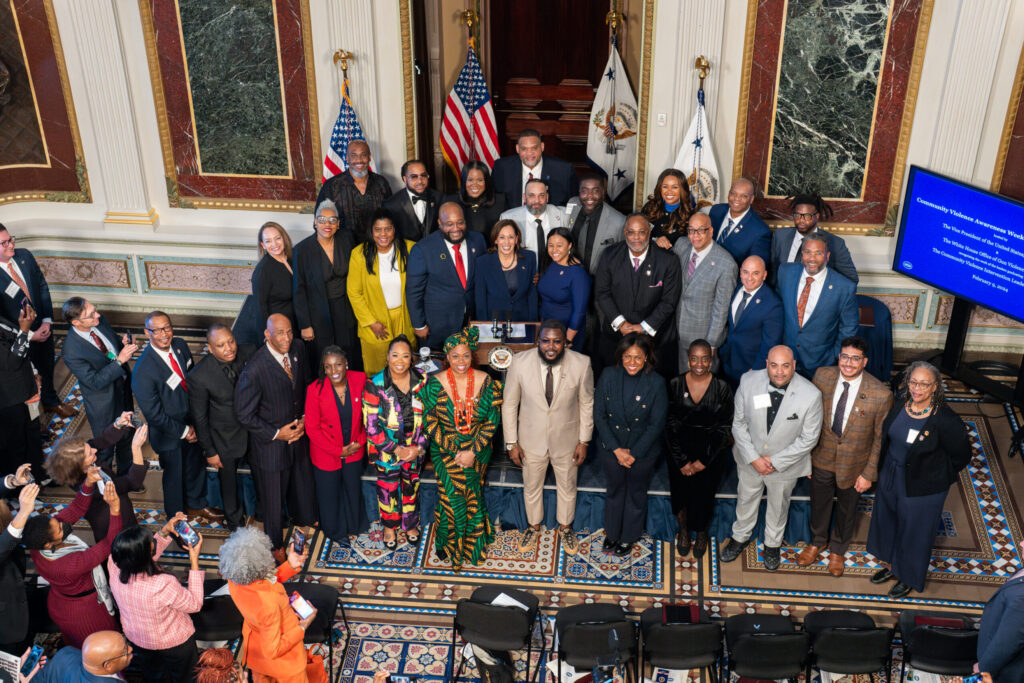Machine Learning
Machine learning tools continually leverage data to “learn” and improve performance — whether that’s cleaning datasets or analyzing the data within them to make recommendations.
Good data is essential to developing successful interventions to reduce violence and reform our criminal justice system. But too often, public safety datasets are disjointed or otherwise incomplete, which makes it difficult to analyze the effects of an intervention. Machine learning tools can strengthen data analysis by gathering information across multiple datasets or by making predictions based on trends in the data — allowing researchers to analyze data more efficiently.
The Crime Lab team is utilizing and developing machine learning tools to expand and improve our data analysis capacity within many of our projects.
Latest Updates
Chattanooga Police Chief John Chambers Completes University Of Chicago Crime Lab’s Policing Leadership Academy
Chattanooga Police Department Chief John Chambers graduated from the University of Chicago Crime Lab’s Policing Leadership Academy, an education program dedicated to reducing violent crime and improving police effectiveness.

Vice President Kamala Harris Recognizes the CVILA at White House Ceremony

Chicago Police Make an Arrest in Only 20 Percent of Fatal Shootings
The Trace’s Rita Oceguera and Justin Agrelo highlight only 20% of fatal shootings in Chicago result in an arrest. Philip Cook, a professor emeritus of public policy and economics at Duke University, has been working with the University of Chicago’s Crime Lab to examine clearance rates and has noted a sharp decline in homicide clearance rates over the years.

